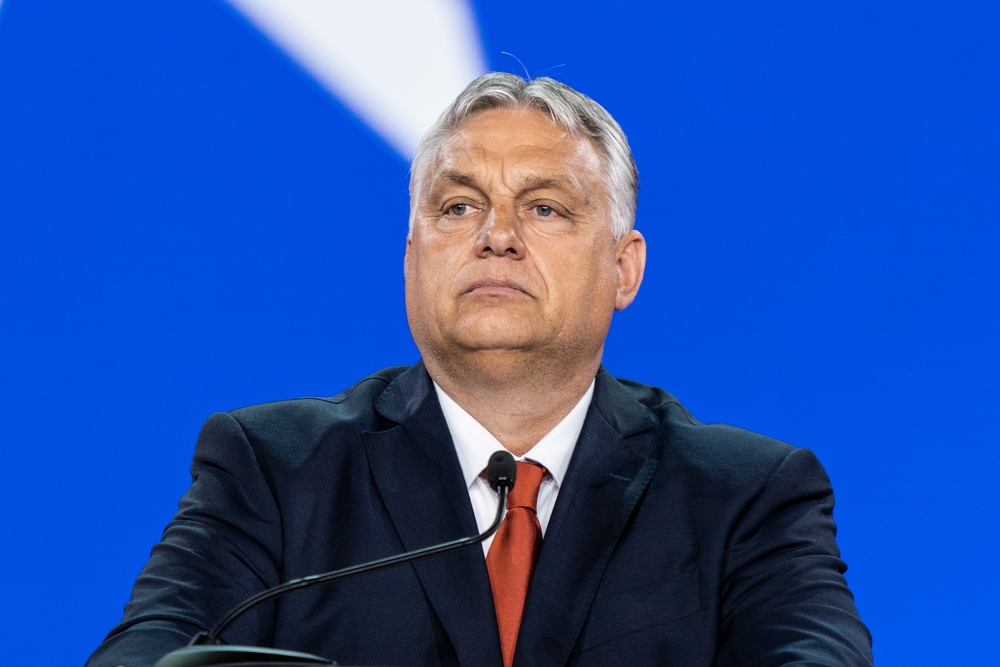His extensive ties with Russian President Vladimir Putin have cast doubt on his true intentions.
Others are reading now
In the volatile landscape of international politics, Hungarian Prime Minister Viktor Orban recently positioned himself as a peace mediator between Russia and Ukraine. However according to Ziare his extensive ties with Russian President Vladimir Putin have cast doubt on his true intentions.
Rather than being seen as a neutral arbitrator, Orban is perceived as Putin’s envoy, raising serious concerns about his credibility and influence on European unity.
Skeptical Peace Proposals
According to Kyiv Post, Serbian security expert Orhan Dragaš argues that Orban’s peace initiatives should be viewed through the lens of his longstanding relationship with Putin.
Over the years, Orban has consistently aligned with the Kremlin, undermining the democratic principles upheld by the European Union. From energy contracts to political support, Orban has created a complex web of dependencies with Moscow, positioning Hungary against broader European consensus.
Also read
Undermining European Solidarity
Orban’s recent foray into peace diplomacy appears less an authentic attempt to resolve the conflict and more a strategic move orchestrated by the Kremlin to undermine European solidarity.
His history of pro-Russian policies, such as the controversial Paks II nuclear deal funded largely by Russian loans, deepens Hungary’s dependence on Russian energy and defies EU strategies aimed at reducing reliance on Moscow.
Credibility in Question
Despite advocating for peace, Orban’s credibility as a mediator is undermined by his government’s repeated actions against EU efforts to present a united front against Russian aggression.
His opposition to EU sanctions against Russia and his consistent alignment with Russian propaganda raise doubts about his neutrality and intentions.
A Threat to Stability
Orban’s diplomatic overtures come at a critical juncture in the Russia-Ukraine conflict. As the war continues with devastating humanitarian consequences, the need for a credible peace mediator is more urgent than ever.
However, Orban’s deep-rooted connections with the Kremlin and his autocratic tendencies render him an unsuitable candidate for this role.


